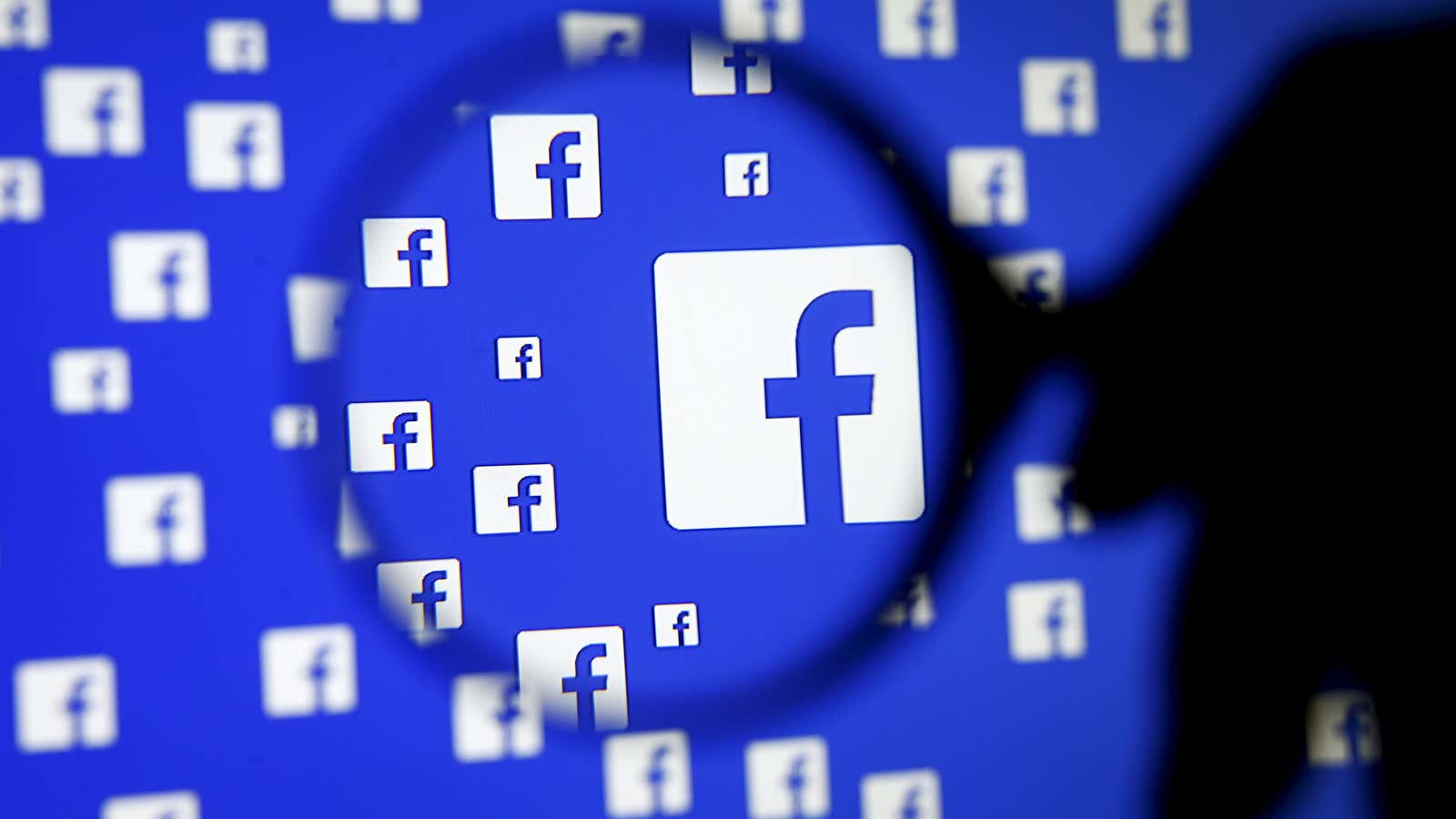It may seem absurd to some that a onetime purveyor of digital pokes is now a crucial player in the 2016 presidential race, but 12 years after Facebook was founded in Mark Zuckerberg’s dorm room, 63% of users consider it a news source, according to data from the Pew Research Center. Nearly a quarter of millennial users say at least half the posts they see on their Facebook feeds relate to government and politics.
All that makes for a good campaign slide, but in the wake of a Gizmodo story alleging that Facebook’s trending topic curators frequently downplayed conservative news on its trending news section, it’s also a reminder of the unprecedented clout of the social network, which has 1.65 billion active users a month.
Gizmodo’s allegations may be shocking, but they reinforce a longstanding lack of trust between Facebook and its users, even as the site grows in influence as a new source. In a July 2015 report, Pew found that nearly half of American Facebook users 35 and under considered the site an important or the most important way they get news. In a related survey, 61% of millennials reported getting political news on Facebook in any given week, a larger percentage than for any other news outlet.
Pew also examined trust levels for 36 different news sources. Four were distrusted more than they were trusted—Buzzfeed, Glenn Beck, Rush Limbaugh and Sean Hannity—while Google News, whose curatorial power is on par with Facebook’s, was trusted more than distrusted across millennials, generation x-ers and baby boomers. Yahoo News (as inept at being a media/tech powerhouse as Facebook is skilled) was equally distrusted and trusted across all generations—essentially neutral. Facebook, meanwhile, wasn’t included in the question.
Trust has always eluded Facebook. A survey released in January by consulting firm Prophet found that the company was ranked 200th out of more than 400 companies as “a brand I can trust.” Likewise, only 17.1% of respondents to a 2014 poll by online identity company MyLife said they trusted Facebook with their private data (even the federal government got 23.2%).
Facebook VP of search Tom Stocky (who runs the trending topics team) denied the allegations of trend-rigging yesterday (May 10), but the story has already riled up conservative circles—and the US government. A letter sent to Facebook this week by the US Senate’s commerce committee asked the company to explain its curation process and called the allegations “inconsistent with the values of an open Internet” and “an abuse of trust.”
Yes, Facebook should be held to the same standards as any other company, including showing as much transparency as its algorithmic secret sauce allows. But it takes a certain doublethink to also throw expectations of journalistic integrity at a site most people distrust in every other context. (In fairness, it’s equally difficult to reconcile the idea of an anti-conservative Facebook with the unprecedented social media success of Donald Trump.) The implications of ever-more-sentient Facebook curation are huge, and worth, ahem, poking into, but let’s not be so shocked every time we discover Facebook to be a less than benevolent overlord.
